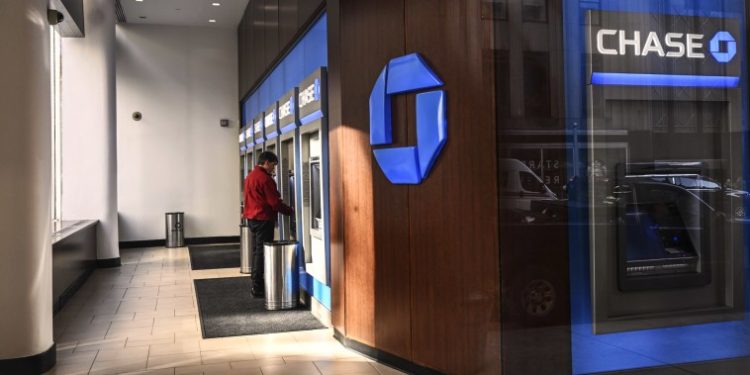“Small Biz, Low-Income Struggles: Wall Street Cites Looming Risk of Proposed Banking Rules
The banking industry is in a state of upheaval as new proposed regulations could shake up operations. Wall Street CEOs are defending their right to operate and advocating for changes that would protect the large institutions but put a strain on consumers, especially small businesses and low-income Americans.
Wall Street CEOs argue that the proposed rules are too rigid and would put a stranglehold on larger institutions’ ability to lend funds and do business. Banks like JPMorgan Chase and Wells Fargo, which already comply with many stricter regulations, have cautioned against the proposed rules, citing their inability to provide suitable loans and other financial products to smaller companies and less affluent people.
The CEOs argue that this is an ill-advised move in the current climate, particularly when an urgent need for funding has recently emerged. Without help from big banks, the only other avenue available to small businesses and low-income Americans is the government. The government’s current debt, however, has limited its funding capabilities.
The proposed regulations, which focus on capital requirements, could lead to fewer loans being granted to small business owners, which will limit their ability to succeed. Low-income Americans also face the potential for fewer loans, leaving them unable to purchase cars and homes, further increasing the wealth gap in the country.
This issue isn’t cut and dry, and the recent uproar has brought bankers and regulators into the public eye in a way that hasn’t been seen in quite some time. The key is finding a way that all sides can work together to ensure that banks and other financial institutions remain solvent, while also helping those who need a hand but cannot otherwise afford it. It’s a difficult balancing act, and the two sides, bankers and regulators, must work together to find a solution.
Ultimately, the Wall Street CEOs claim that the proposed rules would be too stringent and would limit their ability to continue providing financial assistance to those who need it the most. Given the current economic climate, it’s understandable why they are fighting the regulations, though their methods have come under intense public scrutiny. Hopefully, bankers and regulators will come to an agreement that benefits all parties in the end.
The banking industry is in a state of upheaval as new proposed regulations could shake up operations. Wall Street CEOs are defending their right to operate and advocating for changes that would protect the large institutions but put a strain on consumers, especially small businesses and low-income Americans.
Wall Street CEOs argue that the proposed rules are too rigid and would put a stranglehold on larger institutions’ ability to lend funds and do business. Banks like JPMorgan Chase and Wells Fargo, which already comply with many stricter regulations, have cautioned against the proposed rules, citing their inability to provide suitable loans and other financial products to smaller companies and less affluent people.
The CEOs argue that this is an ill-advised move in the current climate, particularly when an urgent need for funding has recently emerged. Without help from big banks, the only other avenue available to small businesses and low-income Americans is the government. The government’s current debt, however, has limited its funding capabilities.
The proposed regulations, which focus on capital requirements, could lead to fewer loans being granted to small business owners, which will limit their ability to succeed. Low-income Americans also face the potential for fewer loans, leaving them unable to purchase cars and homes, further increasing the wealth gap in the country.
This issue isn’t cut and dry, and the recent uproar has brought bankers and regulators into the public eye in a way that hasn’t been seen in quite some time. The key is finding a way that all sides can work together to ensure that banks and other financial institutions remain solvent, while also helping those who need a hand but cannot otherwise afford it. It’s a difficult balancing act, and the two sides, bankers and regulators, must work together to find a solution.
Ultimately, the Wall Street CEOs claim that the proposed rules would be too stringent and would limit their ability to continue providing financial assistance to those who need it the most. Given the current economic climate, it’s understandable why they are fighting the regulations, though their methods have come under intense public scrutiny. Hopefully, bankers and regulators will come to an agreement that benefits all parties in the end.










